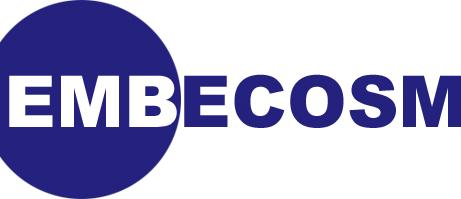 | Services and Modeling for Embedded Software Development |
|---|

The BSP implements the system calls—functions like
close, write etc. It is
possible for the BSP to implement these directly, but these will
then be defined in the main C namespace. It is perfectly permissible
for the user to replace these functions, and the user versions take
precedence, which requires some care at link time.
Newlib allows the implementer instead to provide namespace clean
versions of these functions by prefixing them with an
underscore. Newlib will ensure that the system calls map to these
namespace clean version (i.e. a call to close
becomes a call to _close) unless the user has
reimplemented that function themselves.
A reentrant function may be safely called from a second thread, while a first thread of control is executing. In general a function that modifies no static or global state, will be reentrant.
Many system calls are trivially reentrant. However for some calls,
reentrancy is not easy to provide automatically, so reentrant versions
are provided. Thus for close, there is the
reentrant version close_r. The reentrant versions
take an extra argument, a reentrancy structure,
which can be used to ensure correct behavior, by providing per-thread
versions of global data structures.
It is worth noting that use of the global error value,
errno is a common source of non-reentrancy. The
standard reentrancy structure includes an entry for a per-thread value
of errno.
For many systems, the issue of reentrancy does not arise. If there is only ever one thread of control, or if separate threads have their own address space there is no problem.
However it's worth remembering that even a bare metal system may encounter issues with reentrancy if event handlers are allowed to use the system calls.
Newlib gives considerable flexibility, particularly where namespace
clean versions of the basic system calls are implemented. The
implementer can choose to provide implementations of the reentrant
versions of the functions. Alternatively newlib can provide
reentrancy at the library level, but mapping the calls down the system
calls, which are not themselves reentrant. This last can often prove
a practical solution to the problem.
